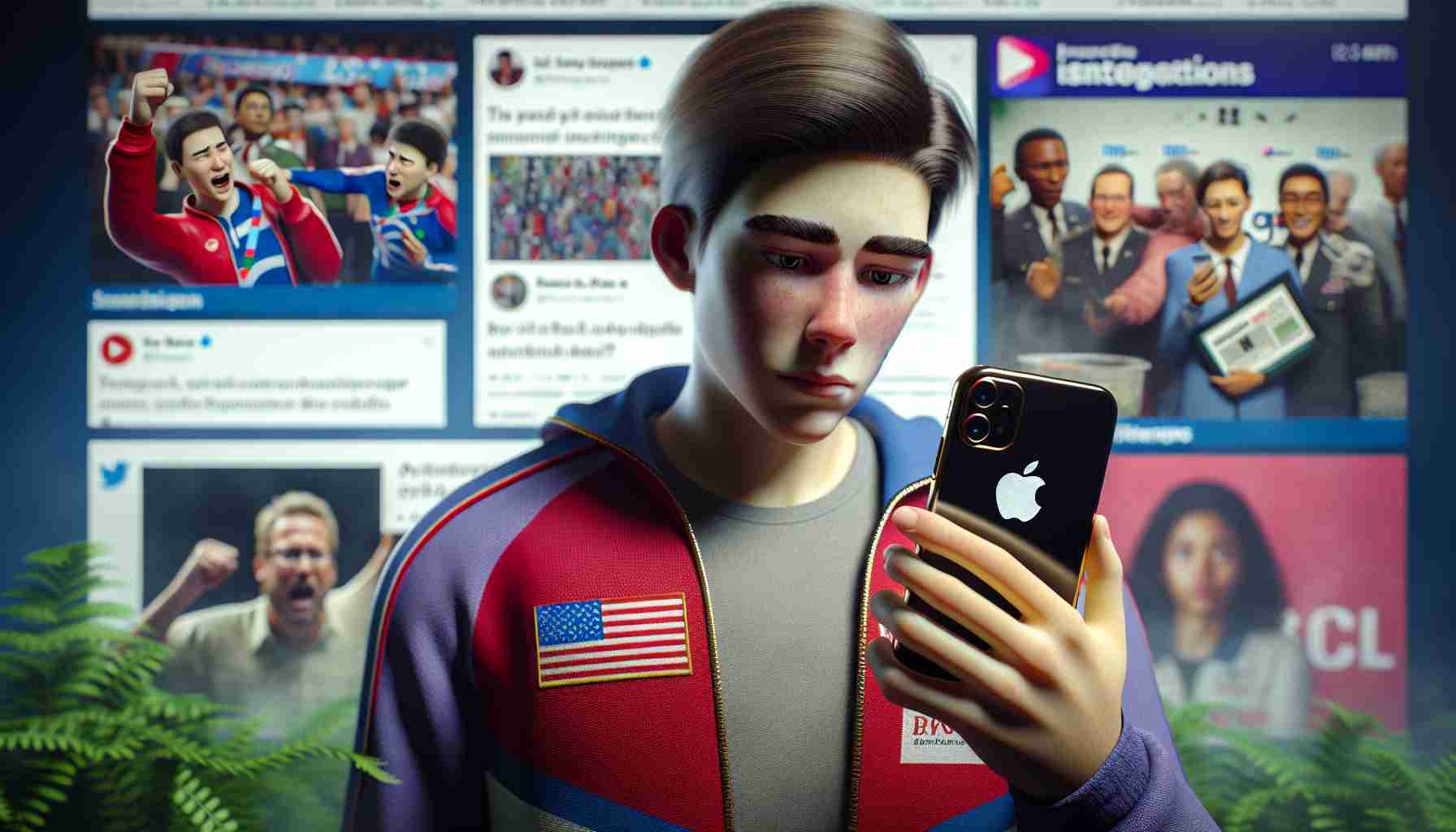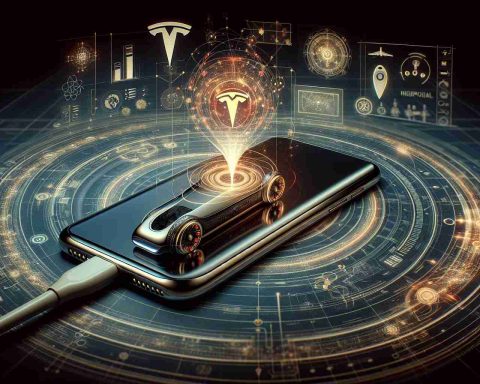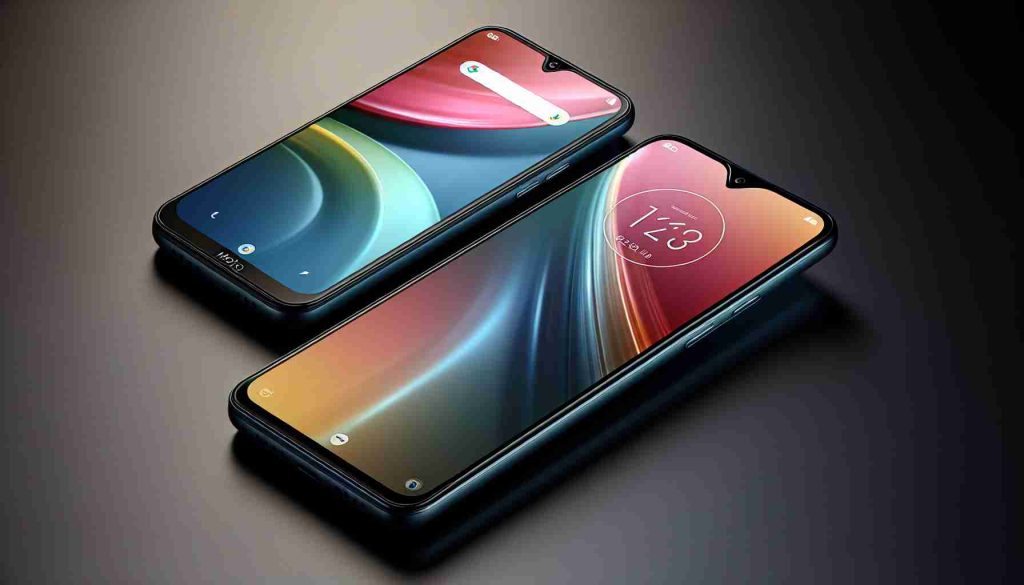A teenage Olympic champion, known for her recent wins in diving at the Paris Olympics, faced criticism after purchasing an Apple phone for her mother instead of a Huawei device. The champion, only 17 years old, returned to her hometown in Guangdong, China, where she was spotted shopping in the local area.
Reports surfaced online claiming that the champion was seen shopping at a popular Apple store in Guangzhou. Photos circulated showing her casually dressed, accepting a new iPhone from a store employee. A salesperson at the store commented that she requested a phone with a large storage capacity for her mother.
The store later confirmed that the champion had indeed purchased an iPhone 15 Pro Max on August 21, though they were unsure if it was intended as a gift and did not disclose any discounts given. The incident sparked debate on social media platforms, with some commending her filial piety while others criticized her for not supporting domestic brands.
Many argued that the choice of phone brand should be a personal decision and denounced the backlash as a form of moral coercion. Influential figures on social media emphasized the champion’s right to spend her earnings as she sees fit, without interference or judgment from others.
While some questioned her patriotism for choosing Apple over Huawei, others defended her autonomy in making consumer choices. The incident highlighted broader societal discussions around individual freedoms and the pressure to conform to specific expectations.
A new controversy emerges as the teenage Olympic champion faces backlash for purchasing an Apple phone, fueling further debates on consumer rights and brand loyalty. The champion’s decision to opt for an iPhone over a Huawei device has stirred up varied responses, shedding light on essential questions and challenges within the context of this situation.
Key Questions:
1. What are the implications of a public figure’s consumer choices on their public image and reputation?
2. How does patriotism come into play when deciding between international brands and domestic products?
3. To what extent should individuals be free to make personal purchasing decisions without judgment or scrutiny from others?
Answers and Insights:
1. Public figures, especially athletes and celebrities, often face heightened scrutiny in their personal lives, with even their choice of consumer products subject to public opinion.
2. The discussion around patriotism and brand loyalty reflects larger conversations on national identity and the promotion of domestic industries.
3. The freedom to choose one’s preferred brand extends beyond mere consumerism, touching on themes of autonomy and individual expression.
Challenges and Controversies:
1. Balancing personal preferences with societal expectations can be a delicate task for public figures, raising questions about the extents of their influence and responsibility.
2. The tension between supporting local businesses and enjoying global products adds complexity to the debate, highlighting the interconnected nature of the modern economy.
3. Addressing criticisms and backlash while upholding personal agency can be a significant challenge for individuals navigating public attention and social media scrutiny.
Advantages and Disadvantages:
– Advantages: The incident prompts meaningful discussions on consumer rights, individual freedoms, and the interplay between personal choices and societal norms.
– Disadvantages: The controversy may overshadow the champion’s achievements and overshadow their agency as an autonomous individual, emphasizing the fine line between public persona and private life.
For more insights on consumer behavior and brand loyalty, visit marketing.org. Additional resources on the impact of social media on public figures’ personal lives can be found at psychologytoday.com.























